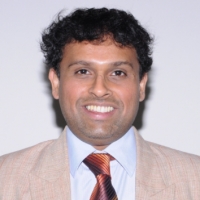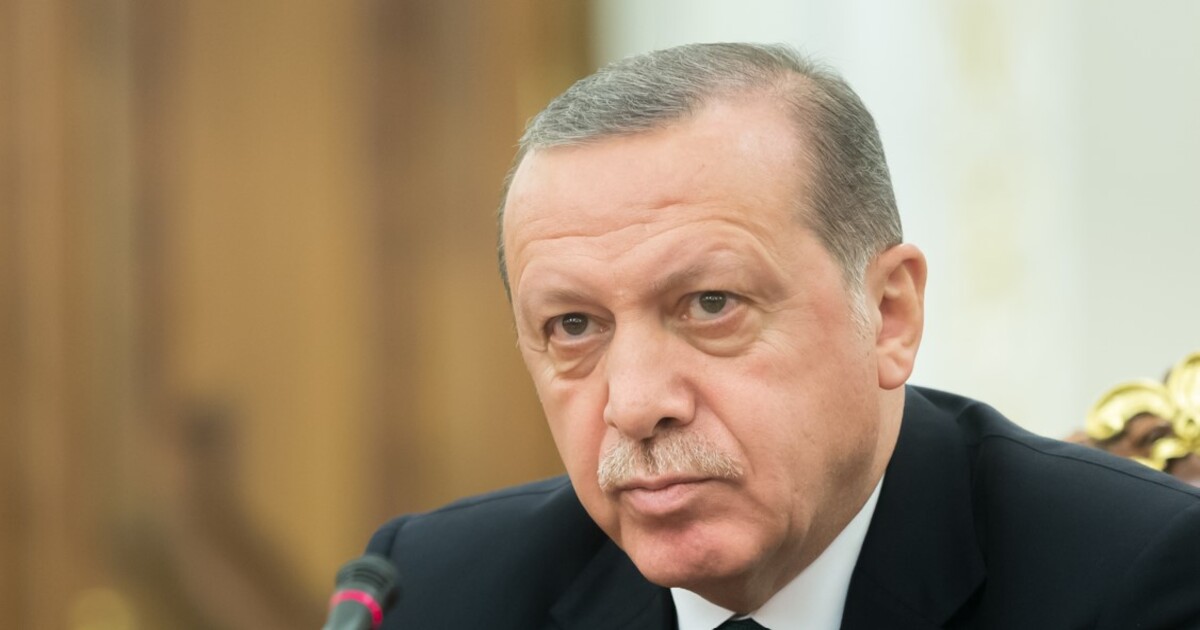“Trumping” the World: Rising Powers Eye a Post-American Global Order
As the U.S. steps back from shaping the world order, there is no reason to despair. It presents a historic opportunity for regional powers to fill the vacuum.
November 17, 2019

The sudden and chaotic withdrawal and repositioning of U.S. troops in northern and eastern Syria by President Donald Trump has once again demonstrated the unreliability and volatility of the United States as an ally.
Syrian Kurds, who had hoped that the United States would stand by them in their quest for an autonomous homeland, lobbed rotten fruits and vegetables at departing U.S. military convoys to express their feeling of betrayal and bitterness.
U.S. pullbacks
The episode illustrates a broader worldwide phenomenon — the rapid rush for the gates by Donald Trump’s populist-driven United States away from shouldering global governance burdens.
Be it security, trade, climate change or balance of power in different regions of the world, “America First” means a mixture of isolationism and transactionalism. This leaves the United States’ allies and strategic partners bereft of the big shoulder of Uncle Sam to rest on.
This fatal inward turn of U.S. foreign policy executed by Trump marks a sharp departure from previous U.S. presidents since Franklin D. Roosevelt. They all believed in the vision of an “indispensable America,” hence also assuming the right to intervene globally in order to shape the international order.
Trump has inverted the liberal internationalist principles which guided U.S. presidents since World War II. He is confident in the knowledge that his populist isolationism resonates with an American public that is wary of foreign commitments.
No reason for despair
But as the United States fades into irrelevance in shaping regional and world orders, there is no reason to despair.
At least for the independent rising powers such as India, Trump’s pullback unwittingly presents a huge opportunity to fill the vacuum being left by his abandonment of the liberal international order.
After all, the previous order had not been all that beneficial to emerging powers in their respective regions of Asia, the Middle East, Latin America and Africa.
The good news is that the “post-American world” – a phrase coined by Fareed Zakaria in 2008 – is not going to be nasty, unruly or brutish, which is what Western liberals fear. They mostly worry about their own loss of status, but dress up their self-interest with the argument that the United States has done tremendous good in the world and that it is bound to lead the world, lest there be collapse.
That sentiment of “après America le deluge” is not shared by the rising powers. They have a very clear view that, over the decades, the United States has at times been an enabler of these regional powers, but also an obstacle to their further rise.
A Chinese takeover?
When Donald Trump proclaims that the United States “cannot continue to be the policeman of the world,” he causes trepidation in some world capitals. But his abandonment also presents a historic opportunity for the regional powers to step up their game and become the substitutes.
Scare-mongering theories peddled by Western liberals that if the United States steps back, then authoritarian China will gobble up the world and remake it as an illiberal hell, are unfounded.
The reason is that other rising powers like India, Turkey, Brazil and Nigeria are not going to simply “bandwagon” to China as a reaction to Trump’s great American vanishing trick.
Instead, these countries with strong anti-colonial traditions have the capacities, if not always the ideal political leadership, to transform their regions by recalibrating their foreign policies in the wake of the “America First” copout on the one hand and a globally expansionist China on the other.
Trump, India and the China factor
The U.S.-India strategic partnership has gone adrift ever since Donald Trump has come into office in Washington. This has forced India to adjust and reassess its options to become a great power without committed U.S. support.
India has a major China problem to handle right on its doorstep. Prime Minister Narendra Modi has had to make nice with China owing to Trump’s disinterest in the containment of China through multilateral coalition building in Asia.
But India is hardwired not to concede to Chinese hegemony. New Delhi is looking to strengthen its own hand in the Indo-Pacific through proactive small group coalitions with Japan, Vietnam, Indonesia, South Asian and African nations.
Modi’s second term in office will be judged on the foreign policy front by how astutely he can shepherd India’s claim to be a “leading power” without counting on or leaning on the United States.
Editor’s note: This article is based on Sreeram Chaulia’s new book “Trumped: Emerging Powers in a Post-American World.”
Takeaways
The post-American world is not going to be nasty, unruly or brutish. Western liberals who argue this mostly worry about their own loss of status.
For independent rising powers such as India, Trump’s pullback from global affairs presents an opportunity to fill the vacuum.
Over the decades, the US has at times been an enabler of regional powers, but also an obstacle to their further rise.
Modi has had to make nice with China owing to Trump’s disinterest in its containment through multilateral coalition building in Asia.
Rising powers like India, Turkey, Brazil and Nigeria are not going to bandwagon to China as a reaction to Trump’s great American vanishing trick.


